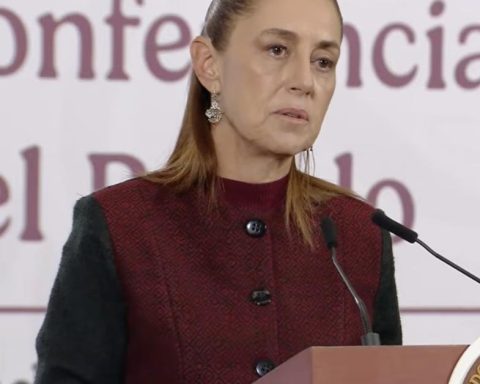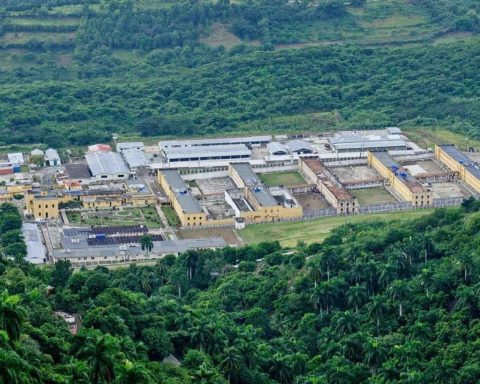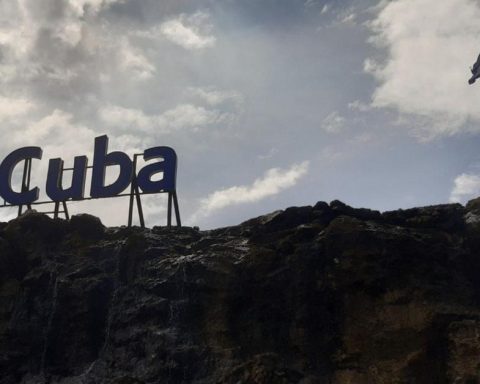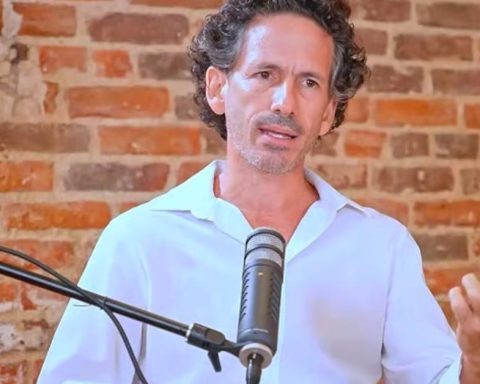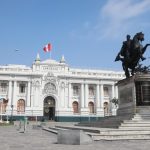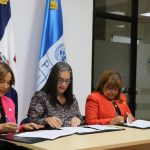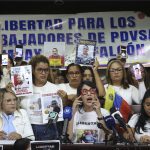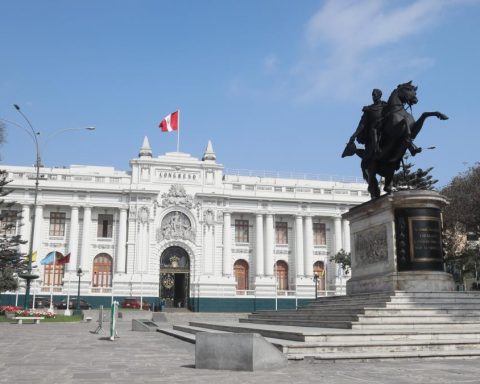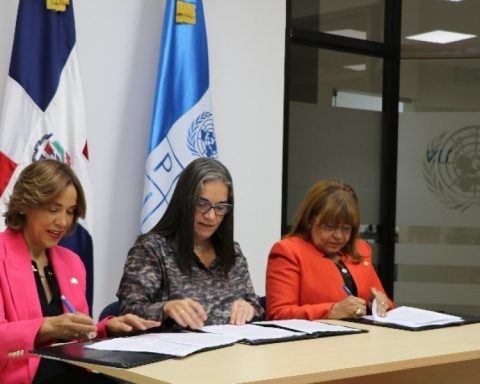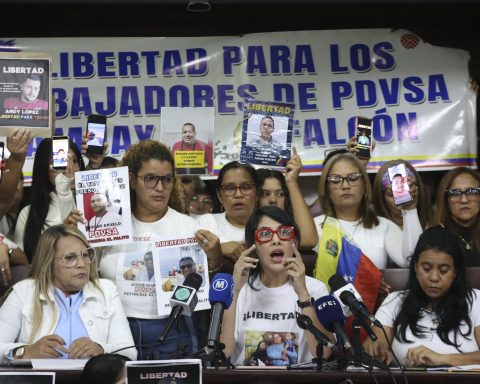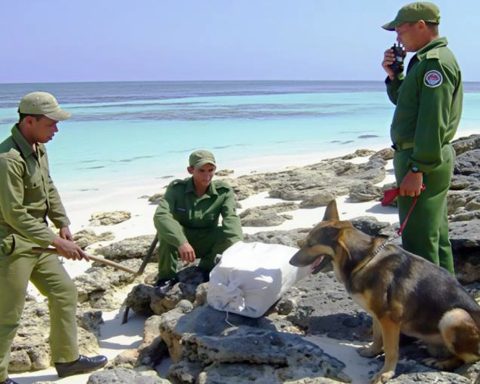Always dressed elegantly, speaking slowly and with a severe attitude, that is how her colleagues remember prosecutor Liomarys Vara Fuentes from Pinar del Río. The jurist, who was the accusing party in the tax evasion case against the economist Karina Gálvez, currently lives in the United States after seeking asylum in that country.
Five years ago, Gálvez was sentenced by the Municipal Court of the city of Pinar del Río to three years in prison and the confiscation of her home for the crime of tax evasion. The economist was then part of the Center for Coexistence Studies (CEC) and, with the loss of her house, the independent project no longer had a meeting place.
Vara Fuentes was the prosecutor in the legal case in which Galvéz was sentenced to three years in prison, which were replaced by a measure of limitation of freedom. During the time of her sentence, the economist, she was forced to work as a cleaning assistant in a school and was prohibited from exercising the right to vote.
The process against Gálvez began on January 11, 2017, when he was detained for a week in the province’s Technical Directorate of Criminal Investigation. After being arrested for nearly 72 hours, the economist received the first visit from Vara Fuentes. “She asked me to explain my situation and I told her that I had not committed any crime”, she details her to 14ymedio.
Gálvez, who now lives with her family in the United States after a long journey that initially took her to Uruguay and later through the Darién jungle, has a fairly clear memory of the prosecutor’s actions. “Throughout the entire process, my defense attorney told me, she was very combative and didn’t want to listen to her arguments.”
During the time of her sentence, the economist was forced to work as a cleaning assistant in a school and was prohibited from exercising the right to vote.
“In the trial he asked for the confiscation of the house and said that it had to be done that way to set an example. He came to compare me to Al Capone, saying that he had not been caught for what he really did, but that they had been able to prosecute him for tax evasion,” adds Gálvez, who read in the prosecutor’s words the political background of the accusation against him.
“The defense attorney questioned what social interest it could have to confiscate my home,” recalls the economist. Later, she would know that the prosecutor waited for the oral hearing to end to clarify to the jurist that he should know why the house had to be confiscated, but that could not be “answered in public.”
“I think she was selected to be the prosecutor of the trial against me because she was a person who had a reputation for being very combative in her work, but during the process she could not show off much because she had almost no arguments to present.” She rather spent part of her time explaining “the importance of taxes in supporting the elderly and vulnerable in society.”
Young, energetic and with a grandfather who for years was a math teacher at one of the most important pre-university schools in Pinar del Río, Vara Fuentes was seen as a prosecutor “who would go far,” explains a fellow student at the university. She “she was ambitious and she did not shake her hand when asking for punishment.”
“The defense attorney questioned what social interest it could have to confiscate my home,” recalls the economist
Finally, the court ruling ensured that the conviction sought to “make the accused understand” the seriousness of the crime and also “serve as an education for the people in general.” Vara Fuentes was flattered by her superiors for her performance, as confirmed to this newspaper by an employee of the court in Pinar del Río.
“That case seemed like it was going to be his launching pad to ascend to other responsibilities, but a few months later we learned that he had left the country and was on the southern border of the United States to request asylum and enter that country,” explains the same source that prefers anonymity.
Karina Gálvez was shocked when they told her: “I started serving my sentence in November 2017 and before that year was over I found out that the prosecutor had left the country. A colleague of hers told me. I’m speechless”.
“I met people on the street who told me: you are serving a sentence imposed on you by someone who is no longer here, who left.” The prosecutor, who had lived on Velez Caviedes street near the Pinar del Río cathedral, managed to convince US immigration officials to grant her asylum.
Once in the US, she deleted her entire internet presence to avoid being traced, but 15 months ago her name was registered on a donation site where a money collection was organized for a pastor with health problems. According to that web page, Vara Fuentes would be residing in San Antonio, Texas.
Now, inquiring about the former prosecutor in the Court of Pinar del Río provokes more laughter than phrases of pride. “What do you want to talk to Liomarys? She, well, she’s going to have to organize a videoconference because she left the country,” a worker who answers the telephone board slyly answers. Others prefer to remain silent when questioned about the whereabouts of the woman.
“I met people on the street who told me: you are serving a sentence imposed on you by someone who is no longer here, who left”
Some have even deleted the photos in which they appeared with her from their social networks to avoid getting into trouble with the authorities.
One of the judges involved in the case against Gálvez, Yojanier Sierra Infante, did reap the rewards of his actions in that process and shortly thereafter was transferred to Havana, where he now presides over the People’s Provincial Court. Sierra is one of the judges being singled out for his actions in the trials against the July 11 protesters.
After the names of the judges and prosecutors involved in these trials were spread on social networks, the Havana branch of the Union of Jurists of Cuba he claimed that they were willing to “change the toga and the dais, if necessary, for the rifle and the trench”, and assured that its members were being victims of “slander and discredit campaigns”.
________________________
Collaborate with our work:
The team of 14ymedio is committed to doing serious journalism that reflects the reality of deep Cuba. Thank you for joining us on this long road. We invite you to continue supporting us, but this time becoming a member of our newspaper. Together we can continue transforming journalism in Cuba.

